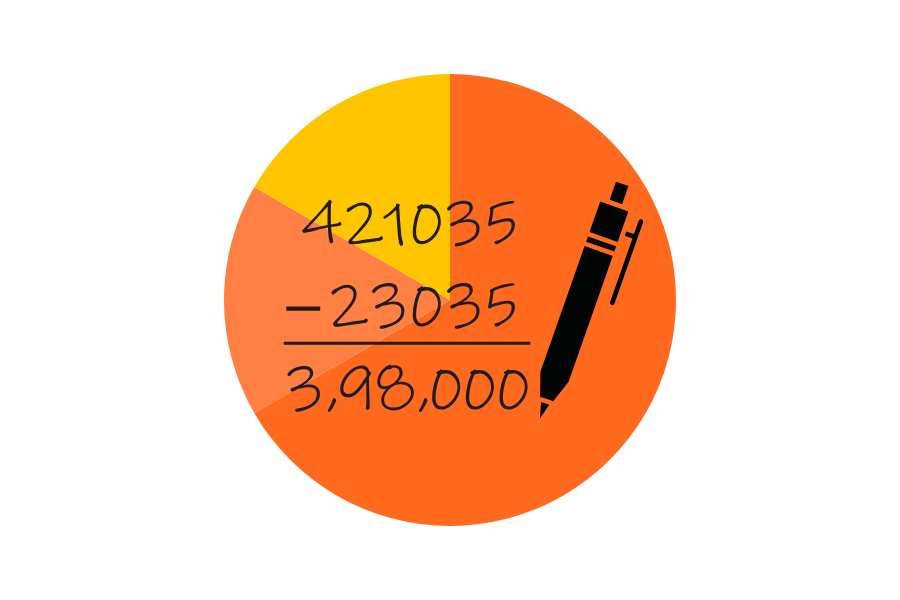Understanding Paid-Up Capital for Newly Incorporated Companies in Singapore
Paid-up capital plays a pivotal role in shaping the financial landscape of a company. For businesses incorporated in Singapore, understanding this concept is crucial not only for regulatory compliance but also for charting a path towards financial stability and growth.
In this quick guide, we delve into the intricacies of paid-up capital, its significance, legal implications, and practical applications.
What is Paid-Up Capital?
Paid-up capital represents the amount of money that shareholders have invested in the company in exchange for shares. These shares can be of various types, such as ordinary shares or preference shares, but what matters is that they have been paid for by the shareholders.
Paid-up capital differs from authorised capital, as the latter represents the maximum amount a company is allowed to raise by issuing shares. Unlike paid-up capital, authorised capital is no longer a requirement since it was abolished in 2006.
Must Paid-Up Capital be Paid in Cash?
Yes, paid-up capital must be deposited in the company’s corporate bank account, and it must be in cash. Even when shares are issued for non-cash considerations, an equivalent cash amount must be deposited into the company’s bank account.
Minimum Paid-Up Capital Requirements
Generally, the minimum paid-up capital required to incorporate a company in Singapore is just S$1. However, some regulated industries, such as travel agencies, public accounting firms, and insurance intermediary firms, may have higher minimum paid-up capital requirements.
Benefits of Having a Higher Paid-Up Capital
While the minimum requirement is low, having a higher paid-up capital can offer several advantages. It provides a financial cushion for the company to operate smoothly, meet obligations, and engage in day-to-day business activities. Additionally, a higher paid-up capital can enhance the company’s credibility and attractiveness to potential investors and lenders.
Increasing and Reducing Paid-Up Capital
Increasing paid-up capital involves issuing new shares, which must adhere to legal requirements. Reducing paid-up capital is more complex and often requires court approval, as it involves returning capital to shareholders.
Legal and Regulatory Considerations
Adhering to the minimum paid-up capital requirements is essential to ensure legal compliance. Failure to meet these obligations can lead to penalties or even the dissolution of the company.
Conclusion
Paid-up capital serves as the bedrock of a company’s financial foundation, reflecting shareholder commitment and financial stability. For newly incorporated companies in Singapore, understanding paid-up capital is vital for navigating the regulatory landscape, attracting investors, and ensuring long-term success.
Let the pro team at Counto help set up your business in Singapore quickly. Speak to us directly on our chatbot, email us at [email protected], or contact us using this form.
Here are some articles you might find helpful:







